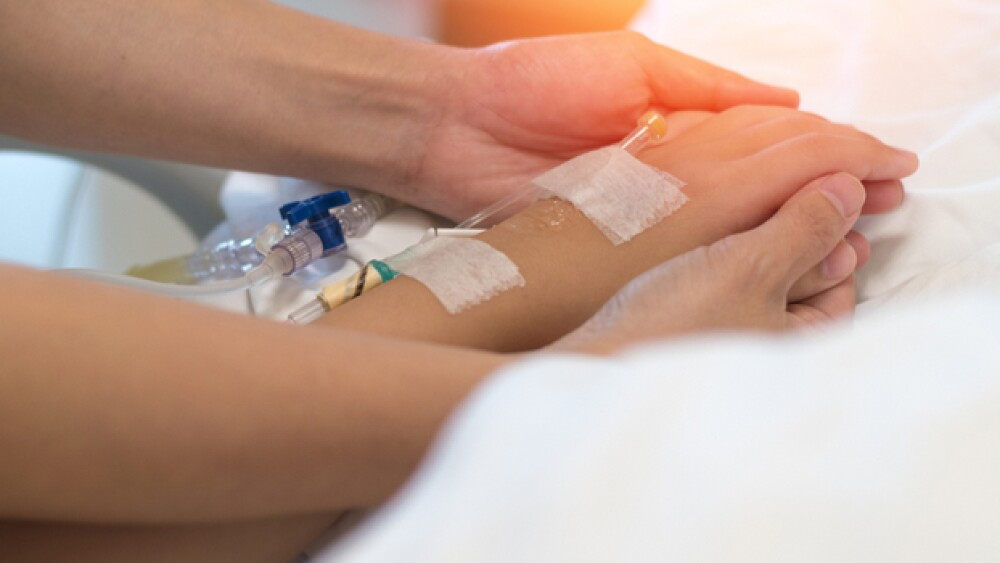Day One Biopharmaceutical reported positive topline data from a Phase II trial in pediatric low-grade glioma, confirming earlier results.
Courtesy of Shutterstock
In June, Day One Biopharmaceutical’s stock shot into the stratosphere after it announced positive early data from the Phase II Firefly-1 trial of tovorafenib in relapsed or progressive pediatric low-grade glioma. Monday, the company was back with topline data.
In 69 evaluable patients, tovorafenib as a monotherapy elicited a 64% overall response rate and 91% clinical benefit rate (defined as complete response + partial response/unconfirmed partial response + stable disease).
There were three confirmed complete responses and 41 partial responses (31 confirmed). Median treatment duration was 8.4 months.
The ORR and clinical benefit rates were identical to those reported from 22 patients in June.
Day One reported that tovorafenib was “generally well-tolerated,” with the most common side effects being changes in hair color, increased creatine phosphokinase, anemia, fatigue and maculopapular rash.
The company picked up a 20% stock bump for these largely confirmatory data.
With these positive data in hand, the South San Francisco-based company intends to seek approval for the therapy in the first half of 2023. The New Drug Application “will include additional follow-up from the full study population,” said CEO Jeremy Bender, Ph.D. in a prepared statement.
Tovorafenib, an oral, type II Pan-RAF kinase inhibitor designed to target a key enzyme in the MAPK signaling pathway, is being developed to treat patients 6-to-25 years with recurrent or progressive pLGG.
The MAPK pathway is one of cancer’s most commonly mutated oncogenic pathways.
pLGG is the most commonly diagnosed pediatric brain tumor for which there is no current standard of care. While highly survivable, children often endure multiple lines of therapy, significantly impacting their quality of life.
Despite the Pediatric Research Equity Act, passed in the U.S. in 2003, clinical trials for pediatric cancers still pale in comparison to those for adult diseases.
This is where Day One’s unique business model comes into play. The company leverages the return on investment from an “all-patients” approach to intentionally develop effective cancer therapies for kids.
The intent, Bender told BioSpace in a previous interview, is “to bridge the gap between pediatric and adult patients in terms of therapeutic options.”
Tovorafenib is also being developed as a front-line therapy for plGG in the Phase III Firefly-2 trial and for adolescents and adults with recurrent or progressive solid tumors with aberrations in the MAPK pathway.
Featured Jobs on BioSpace






